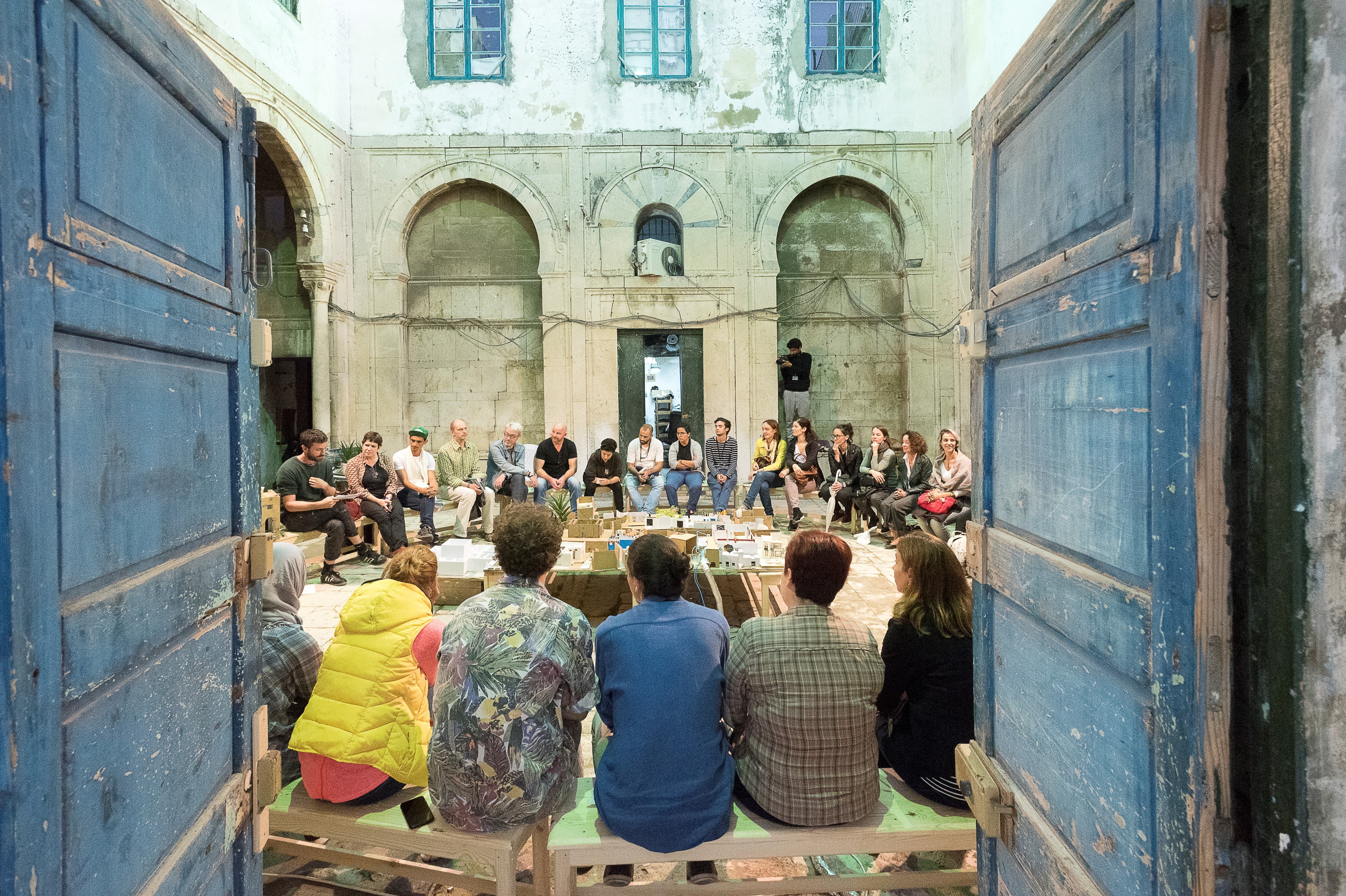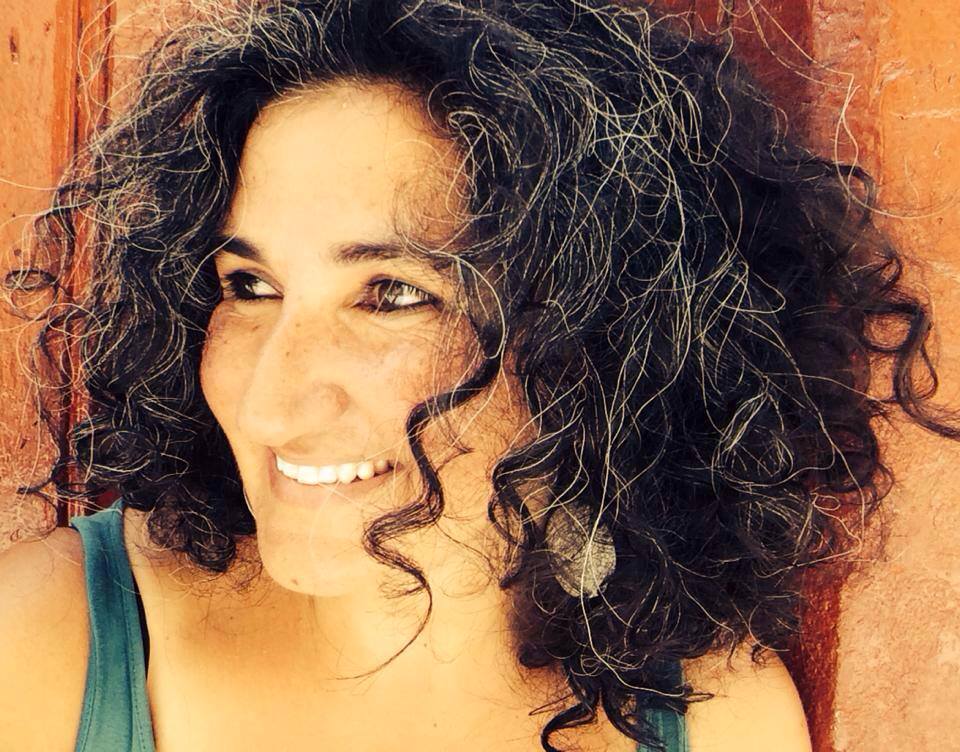Development assistance: "culture creates spaces that foster dialogue"
Culture promotion is a vital component of Swiss development assistance. Switzerland supports an array of initiatives promoting artistic expression in its partner regions. In North Africa, as in other difficult contexts, culture has a tremendous power to open up dialogue.

The Arab Fund for Arts and Culture believes that culture is a means of shaping fairer, more open societies and building confidence in a society's creativity and young people. © Josef-Wouters / Pol-Guillard
In Marrakesh, a music festival brings together dancers from 12 African nations, some of them in conflict. In the Algerian countryside, young women learn how to use a video camera in order to produce short, highly personal films. In Egypt, training camps for young people give teenagers from different ethnic groups the opportunity to come together and express themselves through digital media. These are just a few of the projects forming part of the Swiss Agency for Development and Cooperation's (SDC) North Africa Cultural Programme. The programme is run by the Arab Fund for Arts and Culture (AFAC), the SDC's partner in the field.
Heba Hage-Felder is a Beirut-based programme manager for AFAC, with particular responsibility for programmes supported by Switzerland. Speaking by telephone, she explains the importance of such activities in the context of development assistance, especially in countries struggling with traumatic pasts.
The unique power of culture

"The power of culture in development assistance programmes should never be underestimated. Art and culture allow us to talk about subjects that no one else wants to discuss. They create spaces that foster collaboration, promote exchange, dialogue, questioning and, hopefully, greater tolerance. A film, song or novel can move people to tears, engage them with other points of view and open up dialogue in a way that no other medium ever can," explains the Swiss-Lebanese expert, who worked in humanitarian aid and development for over 22 years.
"The Arab world is often discussed in terms of its problems. Here, supporting an independent, rich, lively and vibrant cultural scene allows us to look at and talk about these regions through alternative narratives that don't make the headlines."
The North Africa Cultural Programme focuses on five countries – Morocco, Algeria, Tunisia, Libya and Egypt – over a four-year period (2019–22). In all, Switzerland supports over 40 cultural and artistic projects.
Other priority levers?
But why fund cultural and artistic projects when other levers of development might be considered more important in this part of the world? Heba believes the approaches are not mutually exclusive but rather complementary.
While recognising the legitimacy of the question, she says: "Culture is part of development. This is an issue that all donors grapple with when allocating budgets, and Switzerland is no exception. However, culture shouldn't be pitted against other projects aimed at saving lives, promoting access to water, food or healthcare.
"Artistic expression allows us to re-imagine the present and the future, to visualise a fairer, more open society and to think about how we want to live our lives. It also helps people to understand their place in society, their own identities and those of people different from themselves."
Photography, shows, films, storytelling, literature, music, research... the initiatives supported by the SDC are many and varied, encompassing all dimensions of human artistic expression. Together, all of these initiatives build diversity within a society.
"In fragile contexts in particular, we also need to focus on what gives a community, and especially the younger generation, its soul. Culture has that power," Heba concludes.
Supporting the production and dissemination of cultural and artistic works
SDC Assistant Director General Christian Frutiger highlights the overall impact of such programmes: "The SDC's cultural programme is one way that Switzerland contributes to curbing radicalisation and promoting stability in many regions". He believes that the SDC's commitment to culture has many positive impacts in terms of the economy, youth employment and the building of sustainable, peaceful societies.
The positive potential of culture in development processes as well as the risks of artistic work in difficult contexts will be discussed at the international conference 'Art at Risk', taking place in Zurich from 27 to 29 February 2020. The SDC is a partner of the event and will also be participating. Heba Hage-Felder will speak about the North African Cultural Programme, alongside Lisa Magnollay, who manages the programme at the SDC.
